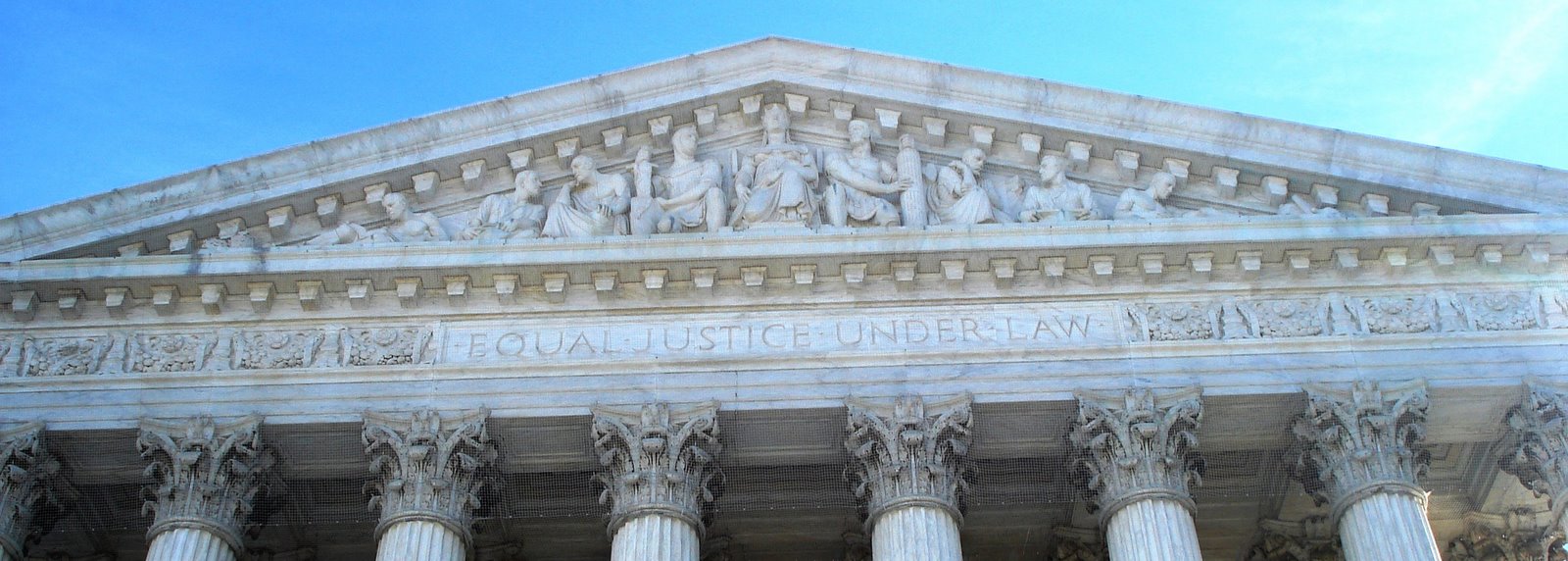Corona in fighting stance over budget row, et al | ABS-CBN News | Latest Philippine Headlines, Breaking News, Video, Analysis, Features
The equation "Separation of Powers = Rule of Law" has always been considered an essential element in the definition of democracy - a definition that traces its progeny to enlightenment thinkers and the French Revolution. Thanks to American jurisprudence (i.e. Marbury vs. Madison), the equation was enriched to become "Separation of Powers = Rule of Law = Judicial Supremacy/Review".
It's a good definition of democracy based on a neat consensus about political [power-sharing] institutions. This is the 'social contract' between and among (inter se) the 3 branches of government, on the one hand, and 'We, the People", on the other.
When, for whatever reason, there begins a fundamental breakdown in this underlying consensus, democracy itself as we know it is under threat.
This understanding of democracy is also taking an interesting turn in Europe, as governments struggle to make sense of, and attempt to overcome, the sovereign debt crisis. It is not only a conundrum for economists and policy makers. There is a drastic re-shifting of power being forced upon courts, parliaments, and executive agencies at the national level as evolving political realignments and social upheavals caused by the debt/financial/economic turmoil test the limits of 'the social contract'.
skip to main |
skip to sidebar



FILIPPIJNSE RECHTSHULP Philippine Legal Advice Information and Networking SOLUTIONS

PLAIN Solutions Advocate

- SUI GENERIS
- The Hague, Netherlands
- PB Payoyo LL.M., Ph.D. [Member, The Philippines-Netherlands Business Council, The Hague; Country Expert, Royal Tropical Institute, Intercultural Professionals (KIT IMC Bv), Amsterdam]